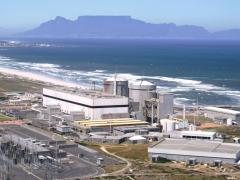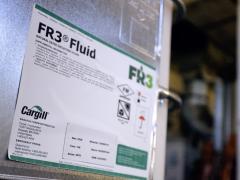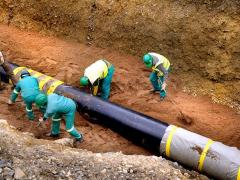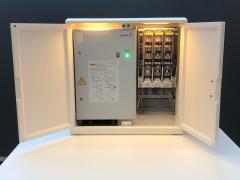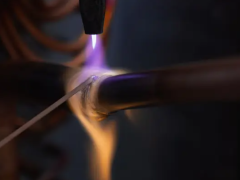South Africa is advancing its plans to develop a new nuclear research facility to replace SAFARI-1, Africa’s oldest research reactor, which is approaching the end of its operational life.
Deputy Minister of Electricity and Energy, Samantha Graham-Maré, shared the update at the International Atomic Energy Agency (IAEA) Ministerial Conference on Nuclear Science, Technology and Applications. She also announced that South Africa has committed to hosting the IAEA’s International Conference on Research Reactors from 2031-2032.
“We are home to the oldest research reactor on the continent, SAFARI, which will celebrate 60 years of operation next year,” said Graham-Maré. As SAFARI-1 nears retirement, South Africa is making significant progress on the multi-purpose research reactor project intended to complement and eventually replace SAFARI-1. “The use and value of research reactors will continue to grow with many new additional applications in the years ahead and we believe they will be key to the future programmes of the agency,” she added.
The proposed new facility, envisioned with a power capacity of 20-30 MW, will build on SAFARI-1’s legacy by providing irradiation and isotope production services as well as advanced beamline research capabilities. Plans also include an advanced beam hall equipped with multiple neutron beam research and analysis devices, a fuel and material testing facility and a fuel fabrication facility.
Future ambitions
Graham-Maré described South Africa’s development of small modular reactors (SMRs) as its “most ambitious project yet”. “The world once acknowledged our Pebble Bed Modular Reactor Programme as a global first and we aim to restore our position as a leader in nuclear energy research by bringing to market a working prototype SMR with supporting fuel production that can be successfully commercialised.”
Outlining recent work by South Africa to advance research and application of nuclear energy, Graham-Maré noted the establishment of Africa’s first Nuclear Medicine Research Infrastructure Centre. The centre has emerged as a global leader in cutting-edge research on cancer diagnosis, care and treatment, she said. South Africa is also home to NTP Radioisotopes, a producer and supplier of nuclear medicine and radiation-based products. Recently, NTP increased production to address a critical 40% global shortage of the isotope Mo-99, which posed a severe risk to patient care worldwide. South Africa currently produces 20% of the world’s radioisotopes.


